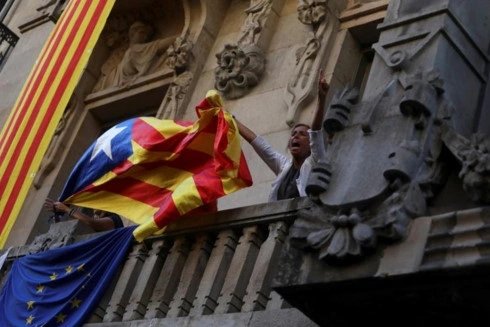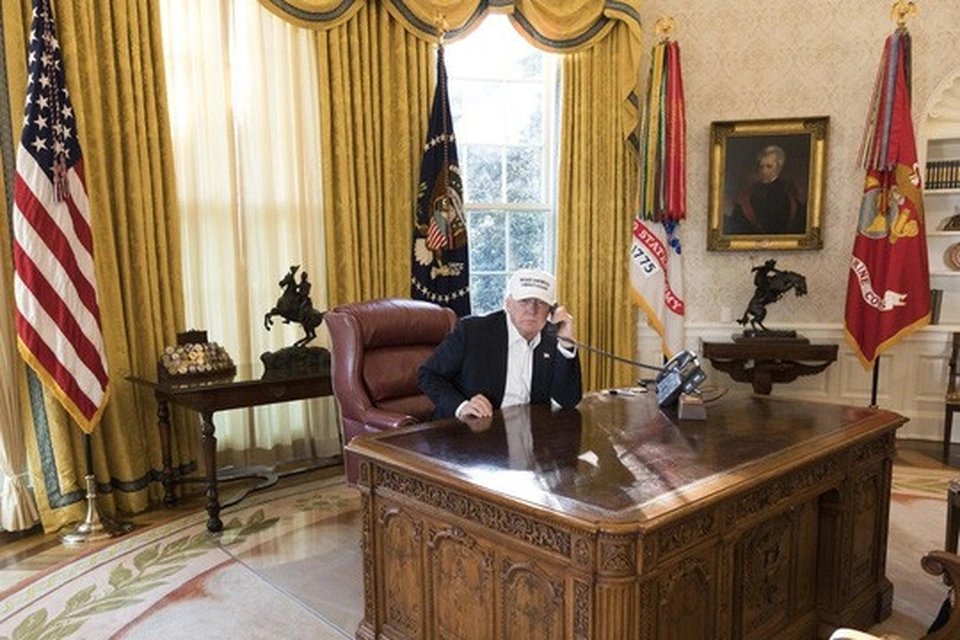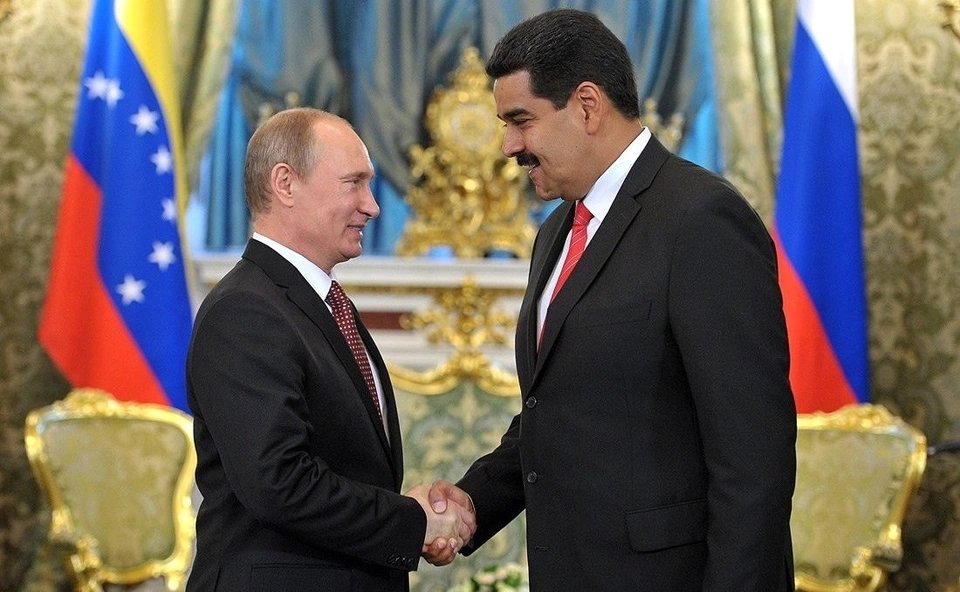
The referendum in Catalonia is threatening the unity of Spain and could stimulate a wave of secession in many European regions today.
Catalonia – Spain’s separatist `thorn`.
Although banned by the Spanish central government, the referendum on independence in Catalonia still took place on Sunday (October 1).
A protester brought a separatist flag to the balcony of Catalonia’s Ministry of Economy building.
Voting results showed that over 90% of voters supported independence for Catalonia.
Head of the Catalonia region, Carles Puigdemont, announced on October 2 that the Catalonia region had won this referendum and affirmed that Catalans have the right to decide their future, and Catalans want freedom,
However, Spanish Prime Minister Mariano Rajoy affirmed that Catalonia is an inseparable part of Spain and that the people of Catalonia were deceived when drawn into this referendum.
The Spanish Constitutional Court previously ruled that the referendum in Catalonia was unconstitutional and contrary to the goals and ideals of the European Union (EU).
This event is causing strong division and upheaval in Spanish society.
Right on election day, when supporters gathered in the capital Barcelona, waving flags and singing the `national anthem` of Catalonia, at the same time, also in Barcelona, and many other Spanish cities, there were protests.
Clashes occurred between two groups of supporters and protesters, leaving hundreds of people injured, many of whom were arrested.
Affirming its will, on October 3, Catalonia organized a general strike at the call of the government and regional unions with the participation of hundreds of thousands of people, causing the city of Barcelona to almost paralyze.
Currently, it is still impossible to confirm which scenario will take place, although most analysts believe that Catalonia separatist officials want to prolong the time to pressure, bargain, and demand that the central government grant power.
Catalonia is a wealthy region in the Northeast of Spain, with 7.5 million people, with its own language and culture.
As one of Spain’s 17 autonomous regions, the relationship between Catalonia and the Spanish central government has had many tense times in the past.
The spark that ignited a wave of European separatism?
The referendum in Catalonia is threatening the unity of Spain, the fourth largest economy in the European Union.
This referendum could become a trigger to stimulate a wave of separatism, latent in many European regions today, such as Scotland and Northern Ireland in England;
Those who advocate independence for Catalonia have received support from separatist leaders in many places in Europe.
Last week, Scottish Prime Minister Nicola Sturgeon called for respect for the `right to self-determination` of the Catalan people.
The leaders of the European Union are certainly not pleased with this wave, because they fear negative impacts on the unity of the Union, which is being severely affected by the Brexit event and the growing momentum of the polar movement.
German Chancellor Angela Merkel on October 1 and French President Emmanuel Macron on October 3, along with a number of EU leaders, expressed concern over the situation in Catalonia, declaring their support for Spanish Prime Minister Mariano Rajoy in
According to Thai Duong
VOV





